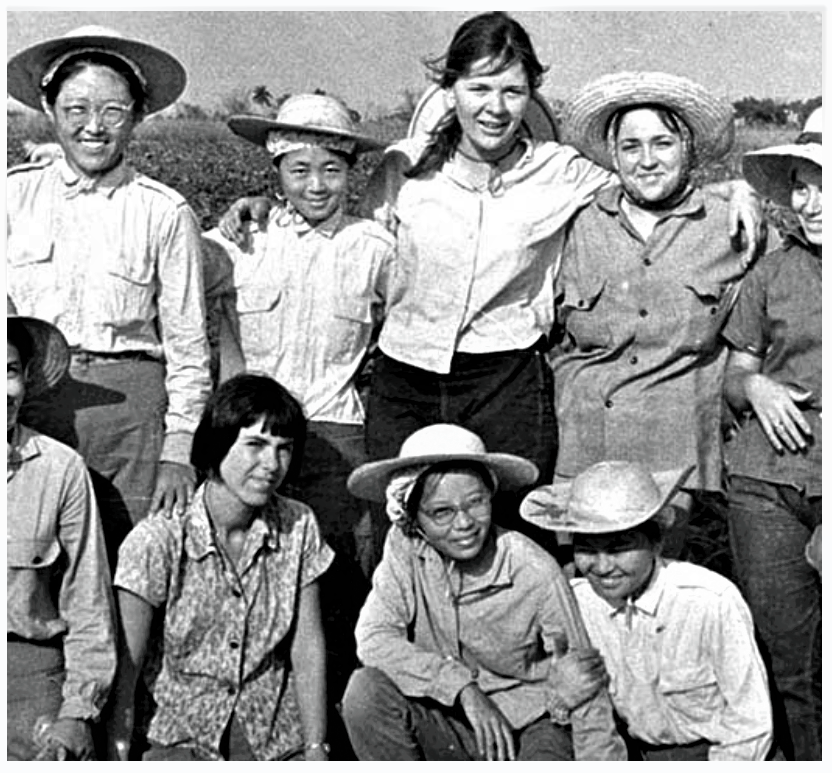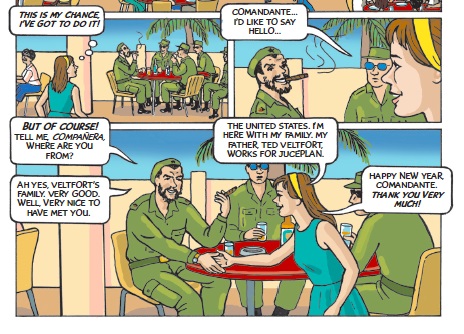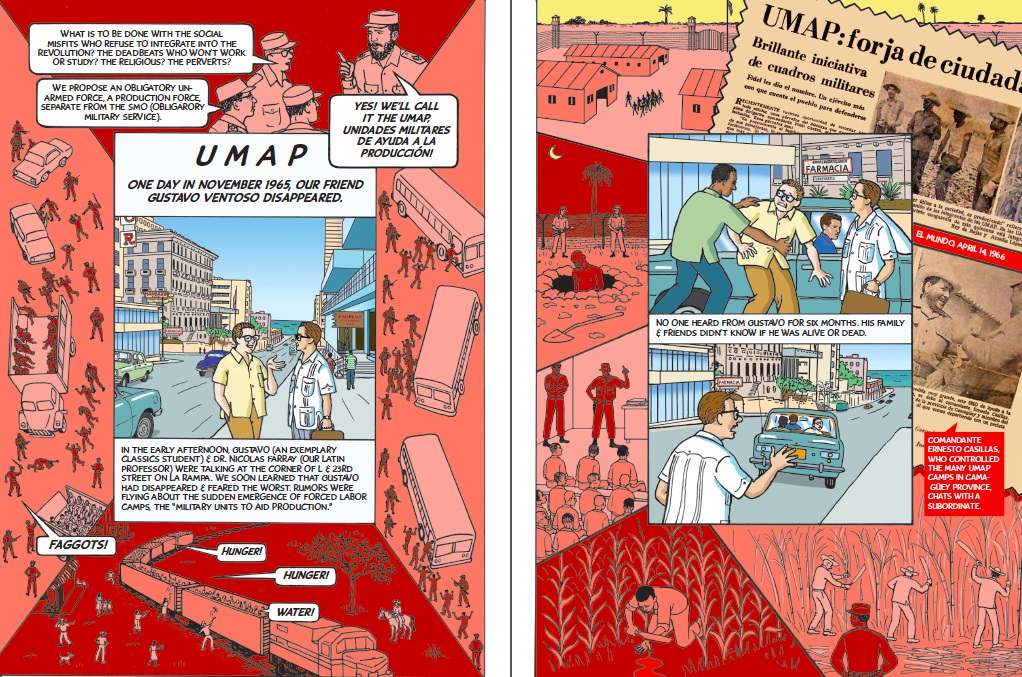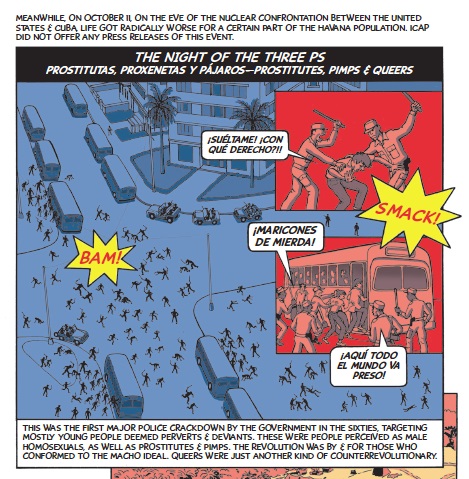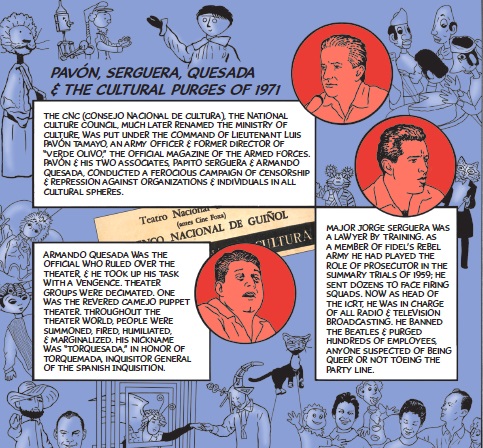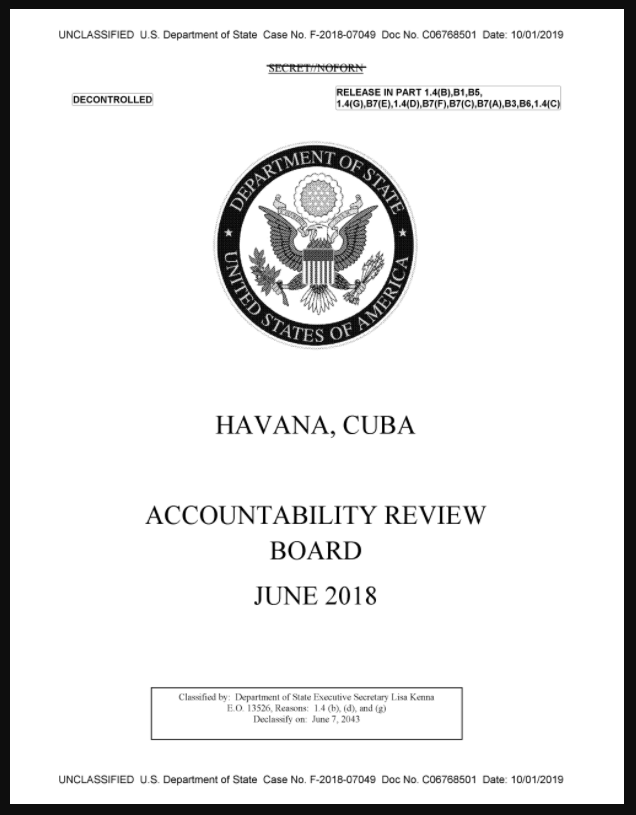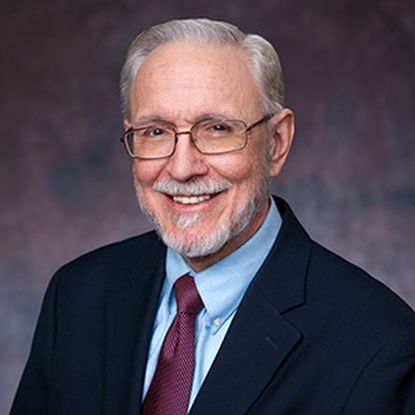Reuters, February 20, 2021.
By Sarah Marsh, Rodrigo Gutierrez
Original Article: Anthem Featuring “Gente de Zona” Sparks State Fury

HAVANA (Reuters) – A group of Miami-based Cuban musicians including reggaeton duo Gente de Zona launched an impassioned anti-Communist anthem this week that has gone viral, sparking a furious state response.
Gente de Zona, Yotuel of hip-hop band Orishas fame and singer-songwriter Descemer Bueno collaborated on the song with two rappers in Cuba, Maykel Osorbo and El Funky, who are part of a dissident artists’ collective that sparked an unusual protest against repression outside the culture ministry last November.
“Homeland and Life” repurposes the old slogan “Patria o Muerte” (“Homeland or Death”) emblazoned on walls across the Caribbean country ever since Fidel Castro’s 1959 leftist revolution and expresses frustration with being required to make sacrifices in the name of ideology for 62 years.
The lyrics refer to ideological intolerance, the partial dollarization of the economy, food shortages and the exodus of young Cubans who see no future on the island. The government blames its economic woes largely on crippling U.S. sanctions.
The video here featuring the five artists – all Black men – has racked up 1 million views on YouTube in three days, sparking lively discussions on social media, while many in Cuba – where internet service is costly – are sharing it on USB sticks.
“No more lies, my people calls for freedom, no more doctrines” sings Alexander Delgado, one half of GdZ, chanting “It’s over” in the refrain.
The Miami-based artists had until recently managed the tightrope of achieving capitalist success abroad without breaking with the Communist-run island. GdZ even called for applause for Cuban President Miguel Diaz-Canel at a Havana concert in 2018 although that sparked calls for a boycott from some in the exile community.
BACKLASH
Cuban state media and officials including the president have launched a barrage of attacks, Twitter hashtags and memes on “Homeland and Life,” branding it unpatriotic and without artistic merit. They say the artists behind it are opportunistically trying to placate their Miami public.
“It makes fun of one of the slogans held aloft by our people in the face of continuous U.S. aggressions,” said Havana-based TV anchor Froilan Arencibia.
Ana Dopico, the Cuban-born director of the Hemispheric Institute of Performance and Politics at New York University, said the rejection of that revolutionary cry was unprecedented in recent Cuban popular music.
“It shocks us all out of the depressing menace of death that comes with our understanding of nation,” she said.
The song reflects a surge in overt anti-Cuban-government sentiment among more contemporary generations of Cuban migrants, said Michael Bustamante, an assistant professor of Latin American history at Florida International University.
But it has also resonated with people on the island, especially youths who have become increasingly vocal about their frustrations since the advent of mobile internet two years ago, with some emblazoning their Facebook Profile photos with the banner “Homeland and Life.”
“I follow Fidel’s ideals but lately things have been happening that I don’t really agree with,” said Havana resident Loraine Martinez, who enjoyed the song.
This is not the first time that the songs of Cuban musicians on the island and abroad have become stand-ins for political causes, said Bustamante. But the Cuban government’s response was unusually forceful, he said, reflecting its anxiety and what he called “misplaced priorities.”
“If they are worried about popular frustration, the way to fix that is to focus on bread-and-butter reforms, not this kind of reflexive ideological performativity,” he said.



